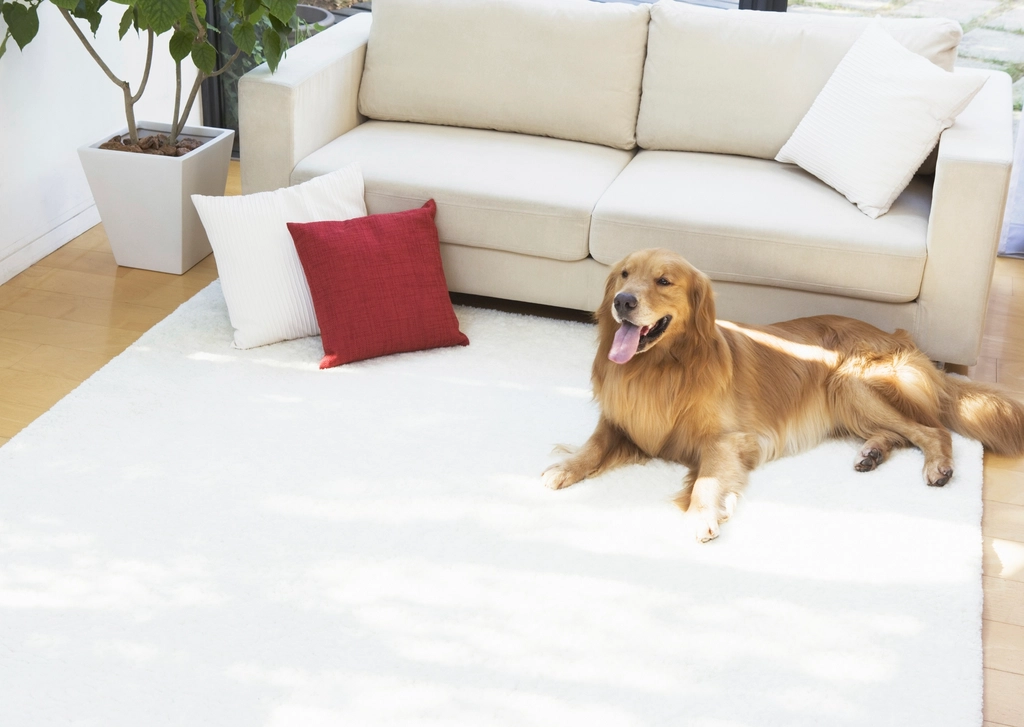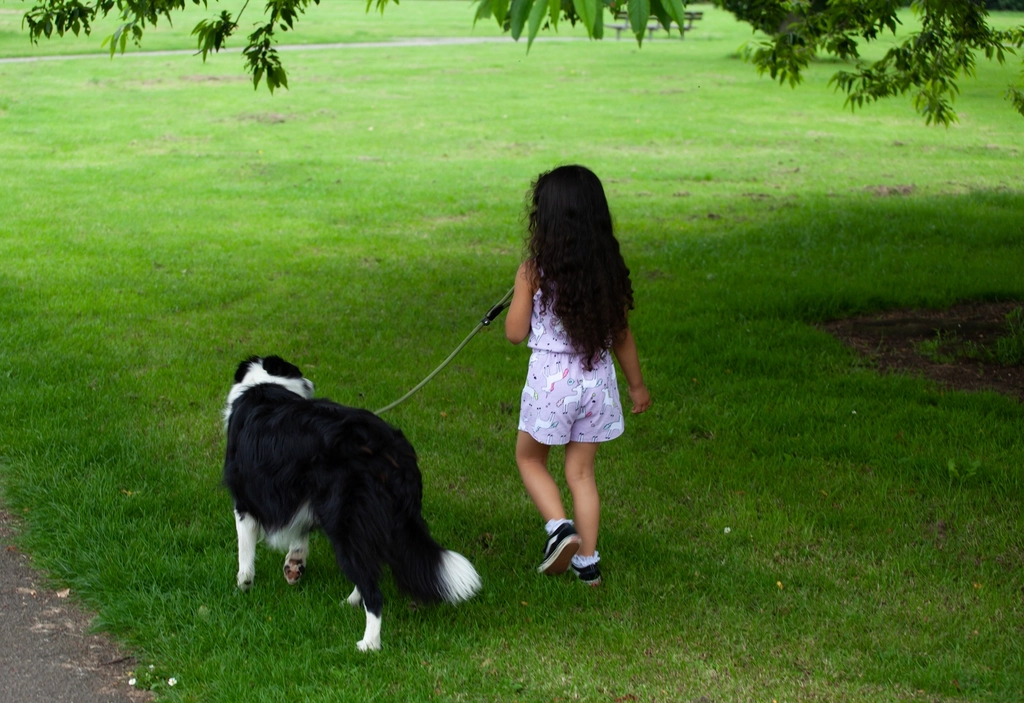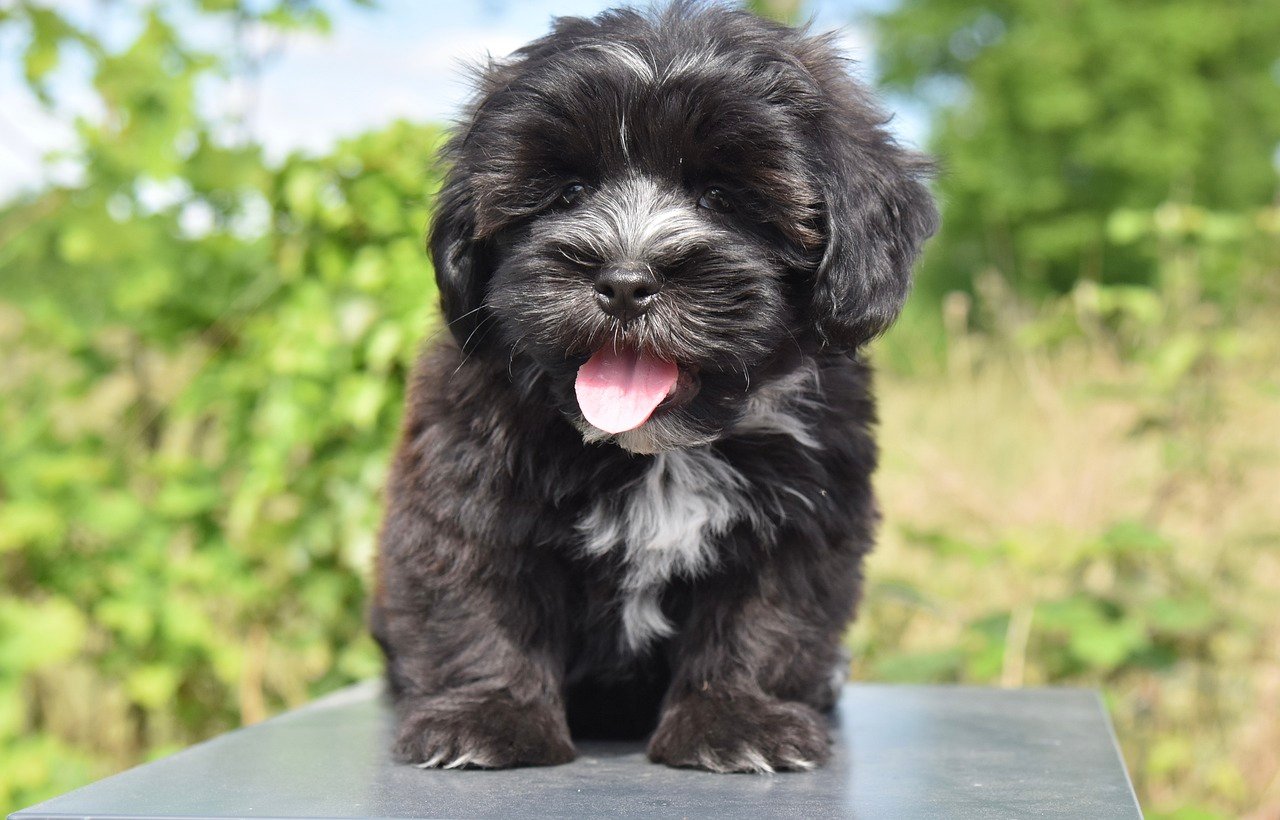Have you ever caught yourself daydreaming about a wagging tail at your feet, but the question of “big dog or small dog?” stops you in your tracks? It’s a decision that can tug at your heartstrings and test your logic all at once. Choosing between a tiny companion who fits in your lap or a gentle giant who fills the room isn’t just about looks or size—it’s about finding the right fit for your life, your home, and your heart. Let’s dive into the twelve surprising, sometimes hilarious, and always important factors that tip the scale toward a small or big dog. You might just discover something about yourself along the way.
Space In Your Home

The size of your living space can make or break your decision. If you live in a small city apartment, a big dog might feel cramped and restless. Big breeds need room to stretch, play, and wag their tails without knocking over your favorite lamp. On the other hand, small dogs often thrive in tighter quarters and can make themselves comfortable almost anywhere—even a cozy studio.
But don’t be fooled: even small dogs need their own space and a spot to claim as their own. If you have a sprawling backyard, a larger dog will revel in the freedom, but a tiny pup might feel overwhelmed. Imagine a Great Dane in a one-bedroom apartment or a Chihuahua in a mansion—the setting truly shapes your dog’s happiness and well-being.
Lifestyle And Activity Level
Are you an early riser who loves morning hikes, or do you prefer curling up with a book on the couch? Your activity level is a huge clue about which dog would be happiest by your side. Big dogs, like Labradors and Huskies, usually need a lot of exercise. They love jogging, hiking, and playing fetch for hours.
Small dogs might surprise you—they can be just as energetic, but their bursts of play are often short-lived. If your idea of exercise is a stroll around the block, a small breed might suit you best. Think about your daily routine and ask yourself honestly: Who will match your energy—an energetic retriever or a playful, pint-sized terrier?
Time Commitment
Big dogs often require more time for walks, play, and training. Their energy and curiosity can be delightful, but also demanding. If you’re out of the house for long hours, a large breed may become bored or even destructive. Small dogs can sometimes be more independent, but many crave constant attention and companionship.
No matter the size, all dogs need love, care, and your presence. Think about how much time you can truly dedicate to your furry friend each day. If your schedule is packed, a lower-maintenance small dog may be a better fit, but don’t underestimate their need to be part of your world.
Budget And Expenses
The cost of caring for a dog isn’t just about buying kibble. Larger dogs eat more, need bigger beds, and their vet bills can be shockingly high. Even routine medications cost more for big breeds simply because of their size. Grooming, boarding, and toys—all of it adds up.
Small dogs may be less expensive in some areas, but they come with their own breed-specific needs. For example, some small breeds need special diets or regular grooming, which can tip the scales. Before you fall in love with those puppy eyes, take a hard look at your budget—the real cost of dog ownership might surprise you.
Allergies And Shedding

If you or someone in your household suffers from allergies, the size of your dog can make a difference, but it’s also about the breed. Some large dogs shed mountains of fur, while others, like Poodles, shed very little. Small dogs might seem like a safer bet for allergy sufferers, but that’s not always the case.
Consider how much cleaning you’re willing to do and how sensitive you are to fur and dander. Hypoallergenic breeds come in all sizes, so focus on your specific allergy needs rather than just size alone. Sometimes, the tiniest dogs can trigger the biggest sneezing fits!
Children And Other Pets

Having kids or other animals at home is a huge factor when choosing dog size. Big dogs can handle rough play better and are often more tolerant of children pulling tails or ears. But sometimes, their size alone can be intimidating or even accidentally dangerous for very small kids.
Small dogs, while less likely to knock a toddler over, can be fragile and less patient with unpredictable little hands. They also may not get along with larger pets in the house. Think about the personalities of everyone in your household—furry and human—before making your decision.
Travel And Mobility

Do you love spontaneous road trips or flying across the country? Taking a small dog along is usually much easier. They can fit in carriers, ride in-cabin on planes, and are generally welcome in more hotels and public spaces.
Large dogs, while loyal travel companions, require more planning. You’ll need a bigger car, special crates, and you may face restrictions in hotels or rentals. If you’re a traveler at heart, a small dog might make your adventures a lot simpler and less stressful.
Training And Temperament

Big dogs often need more training simply because of their size and strength. A poorly trained large dog can be difficult to control, especially on a leash. They need clear boundaries and consistent guidance to become gentle giants.
Small dogs, on the other hand, can sometimes get away with bad behavior simply because they’re easy to pick up or redirect. But don’t be fooled—little dogs often have big personalities and can be stubborn. Whichever you choose, commit to proper training and socialization for a well-mannered companion.
Longevity And Health Concerns

In general, small dogs tend to live longer than big dogs. Many tiny breeds can reach their teenage years, while larger breeds sometimes face shorter lifespans due to health issues like joint problems or heart disease. It’s heartbreaking, but it’s a reality that every dog lover faces.
Consider the long-term commitment and the health challenges that come with different breeds and sizes. Regular vet visits, proper nutrition, and preventive care are key—no matter how big or small your dog is, their health and happiness depend on you.
Noise And Barking Levels

Ever heard the saying, “small dog, big bark”? It’s often true! Small breeds can be surprisingly loud and vocal, especially when they’re excited or feel threatened. This can be a challenge in apartments or with close neighbors.
Big dogs may have a deep, intimidating bark, but many are actually quieter overall. Think about your tolerance for noise, your living situation, and how much barking you (and your neighbors) can handle. Sometimes the tiniest dogs have the biggest voices.
Personal Preference And Emotional Connection
Sometimes, it just comes down to how you feel when you look into those soulful eyes. Maybe you grew up with a big, goofy retriever and can’t imagine life without a large breed. Or perhaps you dream of a cuddly lap dog that fits perfectly in your arms.
Your emotional connection and preference matter. Don’t ignore your gut feeling—dogs bring joy, comfort, and companionship in ways that go beyond logic. Listen to your heart, and you’ll know which size is right for you.
Community And Local Regulations

It’s easy to overlook, but some communities have rules about dog breeds and sizes. Apartment complexes, HOAs, and even entire cities may restrict certain breeds or set weight limits for pets. Before you fall in love with a dog, check the rules where you live.
Local parks and dog-friendly spaces can also influence your decision. Some are perfect for energetic big dogs, while others cater to small breeds. Knowing your community’s attitude toward dogs—big or small—can save you a lot of hassle down the road.
Choosing between a small or big dog isn’t just about preference—it’s about finding the right fit for your lifestyle, living space, energy level, and long-term goals. The 12 factors we’ve explored, from grooming needs and exercise demands to temperament and budget, can help guide a thoughtful decision. There’s no one-size-fits-all answer, but by honestly assessing what you can offer and what kind of companionship you’re seeking, you’re far more likely to find a dog that complements your life beautifully. Whether small or large, the right match will feel less like a choice—and more like coming home.

Andrew Alpin from India is the Brand Manager of Doggo digest. Andrew is an experienced content specialist and social media manager with a passion for writing. His forte includes health and wellness, Travel, Animals, and Nature. A nature nomad, Andrew is obsessed with mountains and loves high-altitude trekking. He has been on several Himalayan treks in India including the Everest Base Camp in Nepal.





